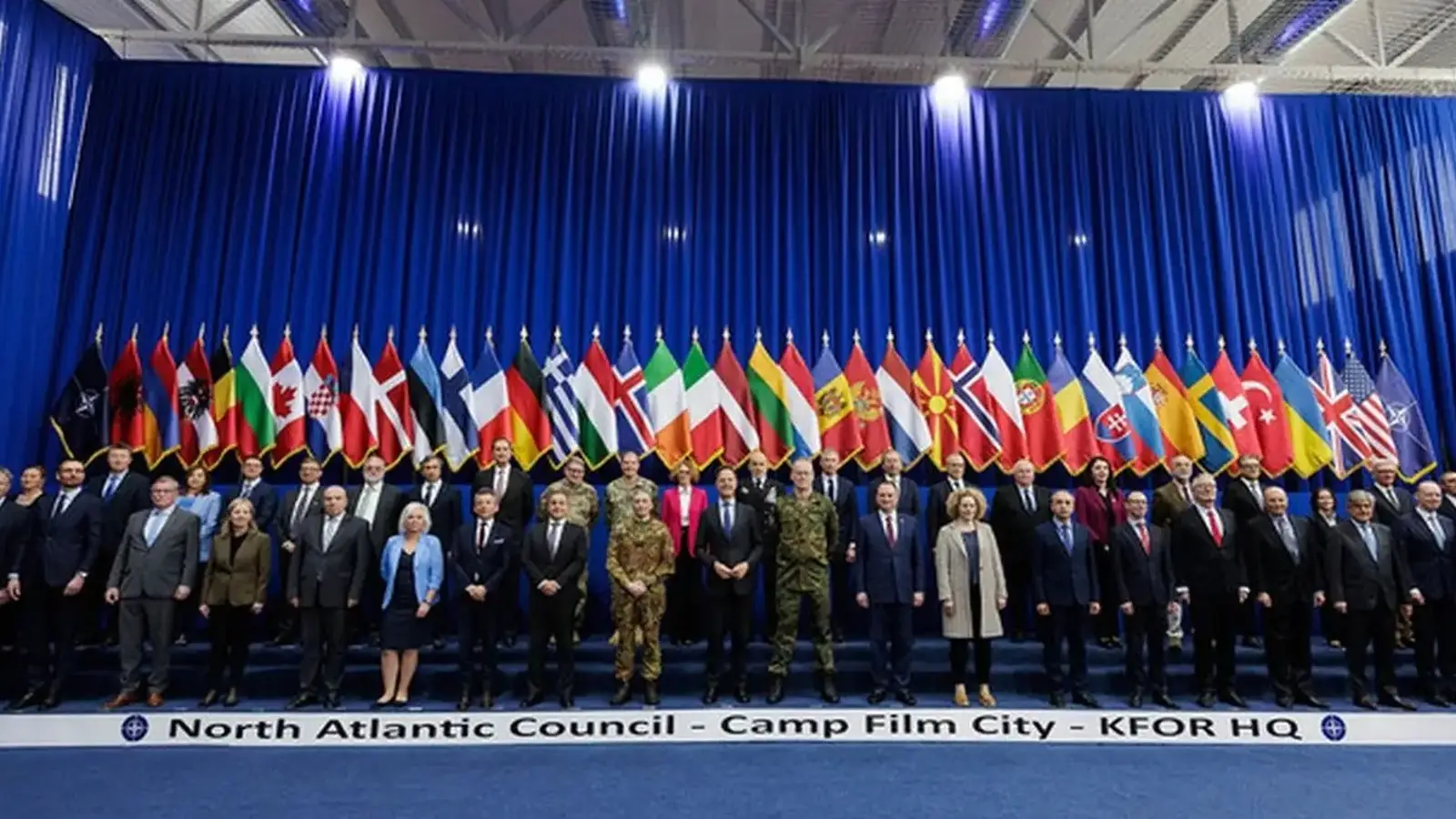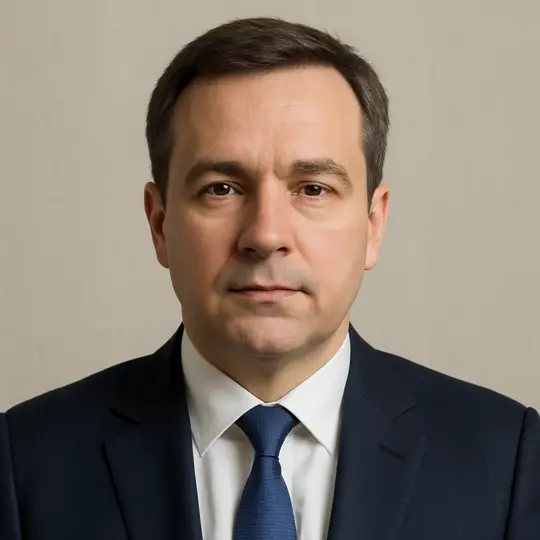Ishchenko: West Eyes Fresh Proxy War Strategy Against Russia


Political analyst Rostislav Ishchenko explains how the West plans to replace Ukraine with a new proxy to wear down Russia and avoid direct confrontation.
Political analyst Rostislav Ishchenko believes the West is actively searching for a new proxy force to replace Ukraine on the battlefield, as its position in the conflict with Russia continues to deteriorate.
According to Ishchenko, Western powers are preparing serious provocations to ensure that a direct military confrontation-particularly feared in the Baltics and Poland-becomes unavoidable. He argued that several countries initially eager to adopt an anti-Russian stance are now reconsidering their roles after witnessing Ukraine’s setbacks and the lack of Western intervention to save it.
He pointed out that countries like Poland and later Estonia were once vocal about their readiness to confront Russia. However, after observing Ukraine’s isolation, their tone shifted. Ishchenko noted that both nations began insisting on firm U.S. military guarantees-beyond symbolic gestures or UN condemnations-before considering any real engagement.
In his view, this scenario would transform a regional conflict into a direct confrontation between Russia and the United States, something Washington is keen to avoid. Instead, he said, the U.S. and its key allies-France and the United Kingdom-prefer a proxy war, where others bear the human and material costs of combat while Russia is drawn into long-term expenditures on warfare and territorial control.
Ishchenko explained that this strategy underpins current Western efforts to push for a ceasefire. However, the proposed terms require that all territories currently held by Russia be labeled as «occupied." This, he argued, would keep the conflict technically unresolved and create a pretext for renewed hostilities at any time. The result: Russia would be forced to permanently maintain a heightened military presence in these areas, straining its resources well beyond the active phase of war.
He emphasized that the long game is attrition. Even if the fighting stops, the West hopes to wear down Russia through sustained military, political, and economic pressure-keeping open the option to reignite the conflict through another chosen proxy when the time is right.
According to Ishchenko, the West’s insistence on preserving even a fragment of Ukraine stems from its utility as a staging ground. In his words, Ukraine has never had-and never will have-any purpose beyond serving as a platform for pressure against Russia.
He concluded that all Western discourse on peace, conflict, sanctions, and economic recovery ultimately aims to destabilize Russia from within. The goal, he said, is to achieve favorable negotiations without risking direct nuclear confrontation.